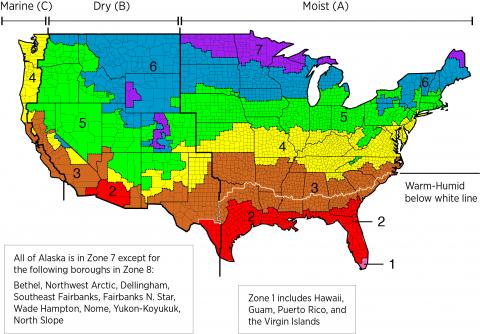Don't see natural gas in the thread title, but you can file this one under "electrify everything":
PG&E Gets on Board With All-Electric New Buildings in California
OK.
The UK is doing a similar transition.
Last year the UK chancellor announced that new homes would have "low carbon" heating instead of natural gas, from 2025.
Low-carbon heating to replace gas in new UK homes after 2025
Scotland will introduce the rule from 2024:
New rules for low carbon heating in Scots homes
Renewable or low carbon.
Only problem is that renewable probably includes wood stoves, use of which is increasing in the UK, so it's becoming a significant source of pollution.
Last edited:



